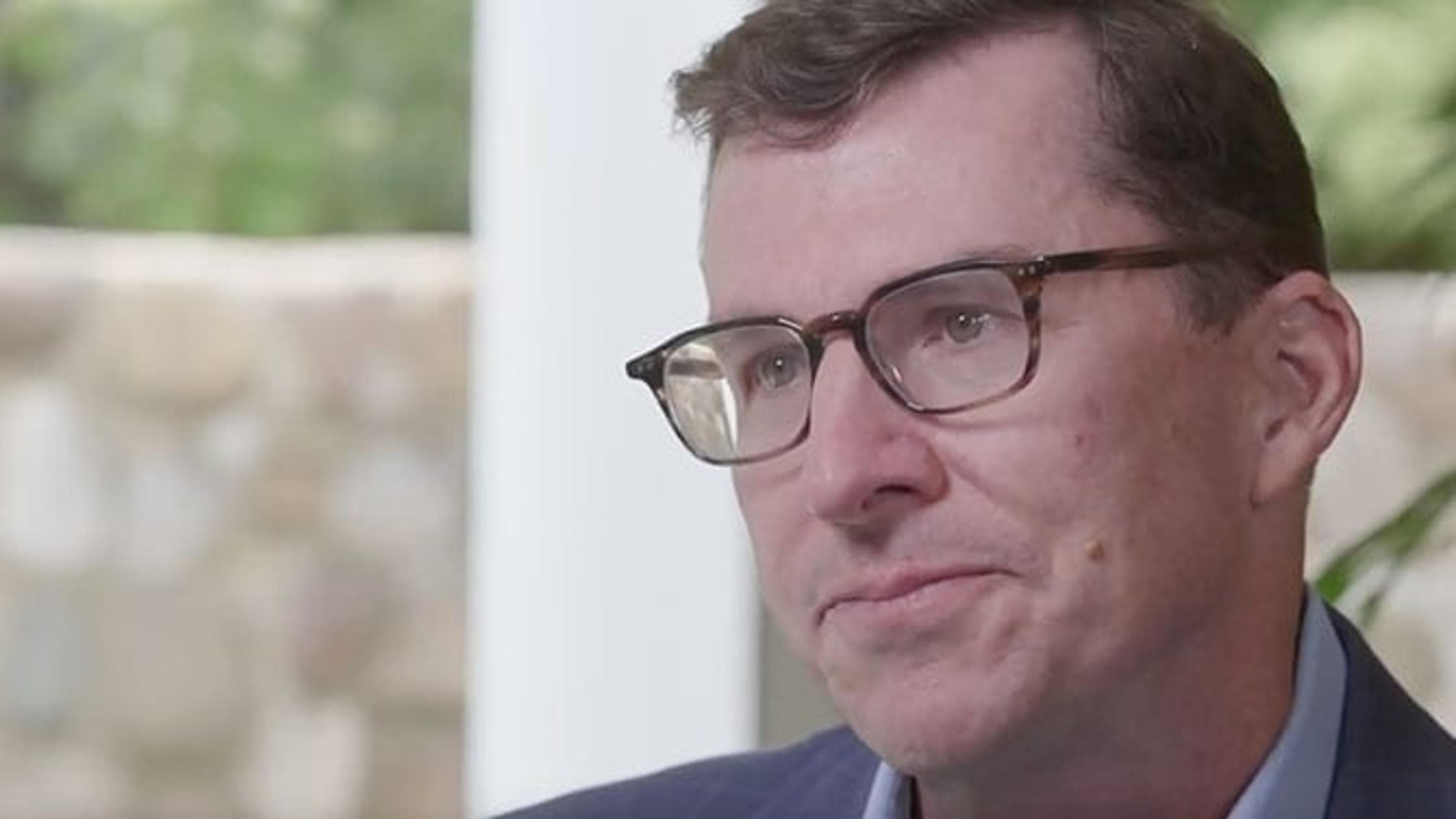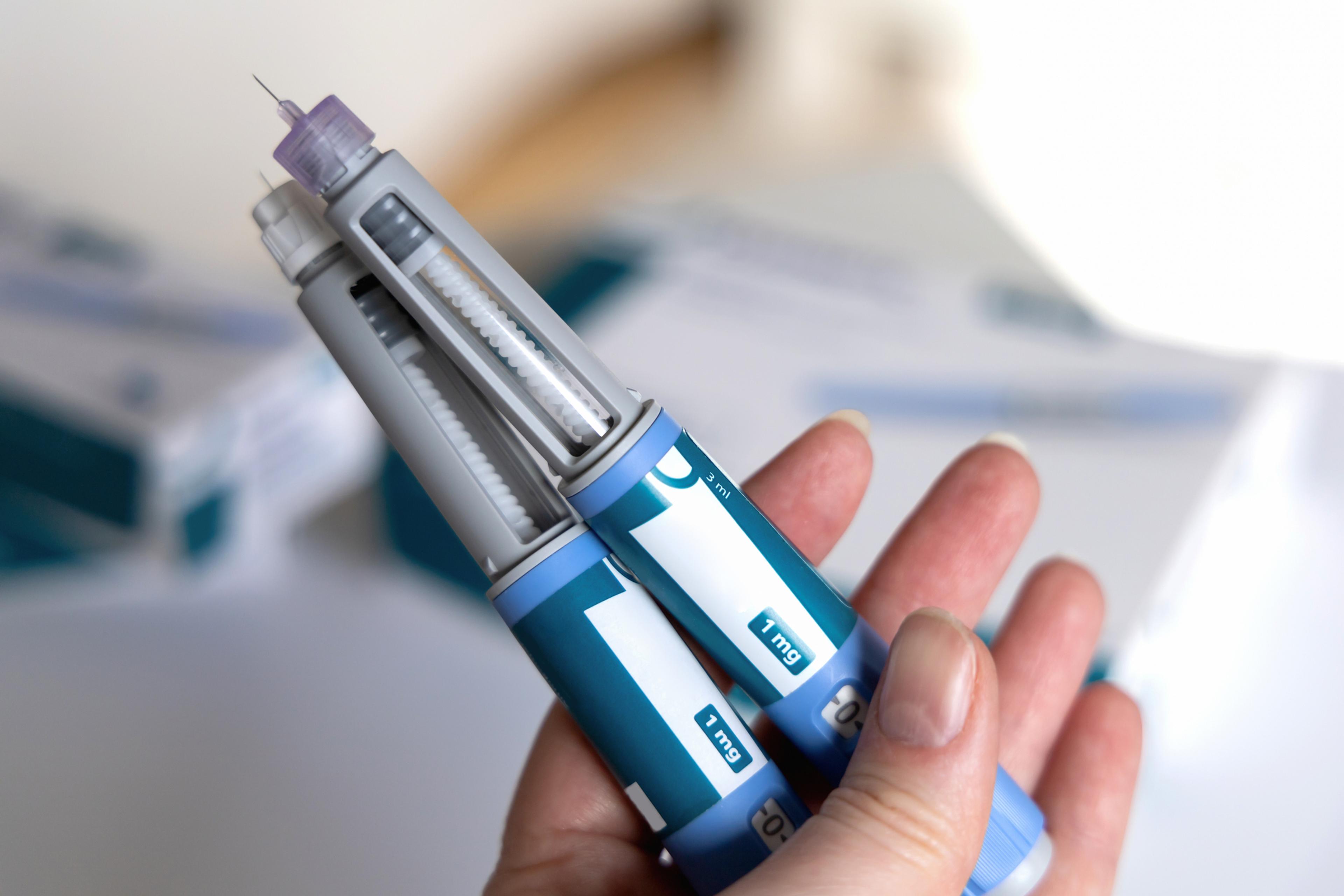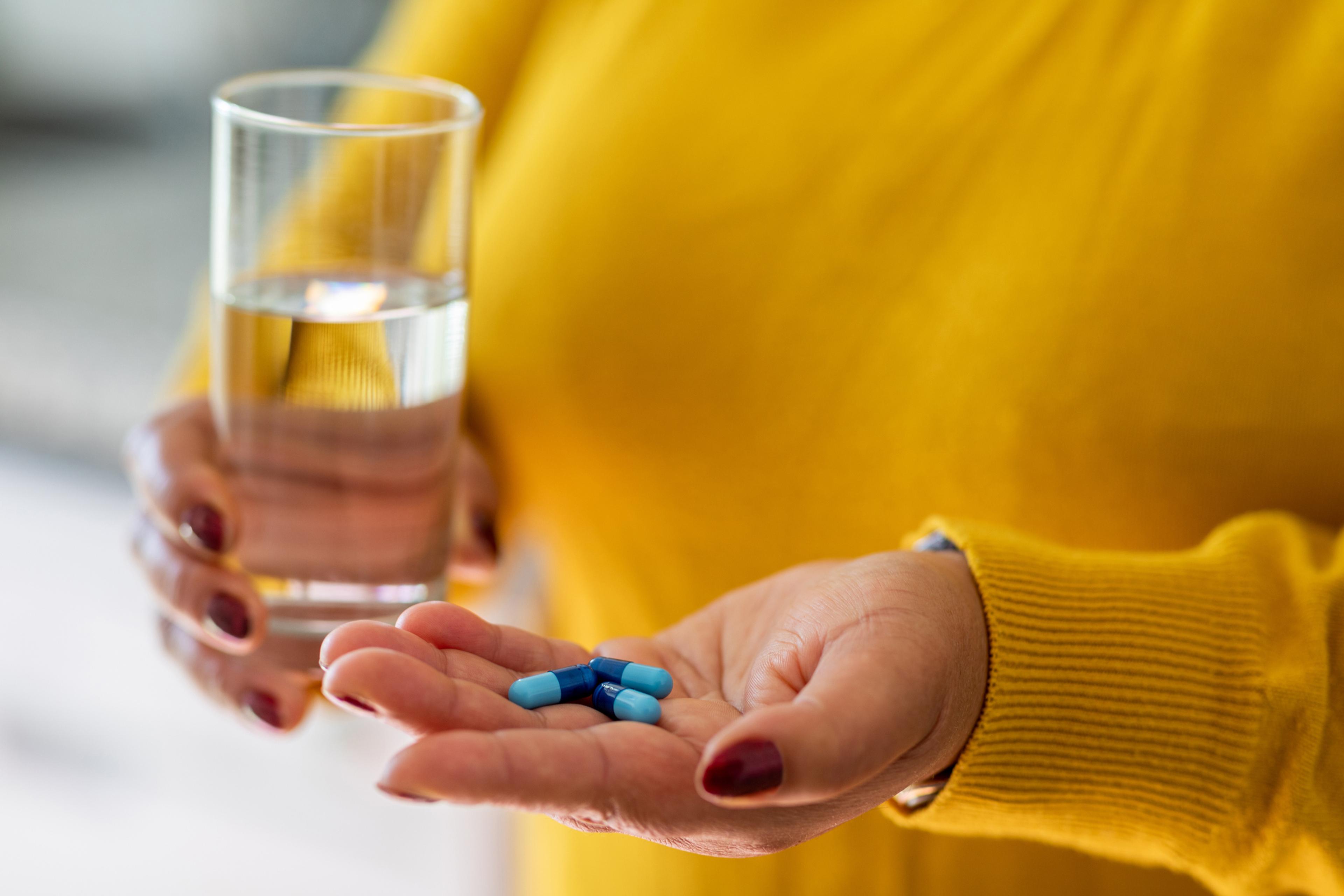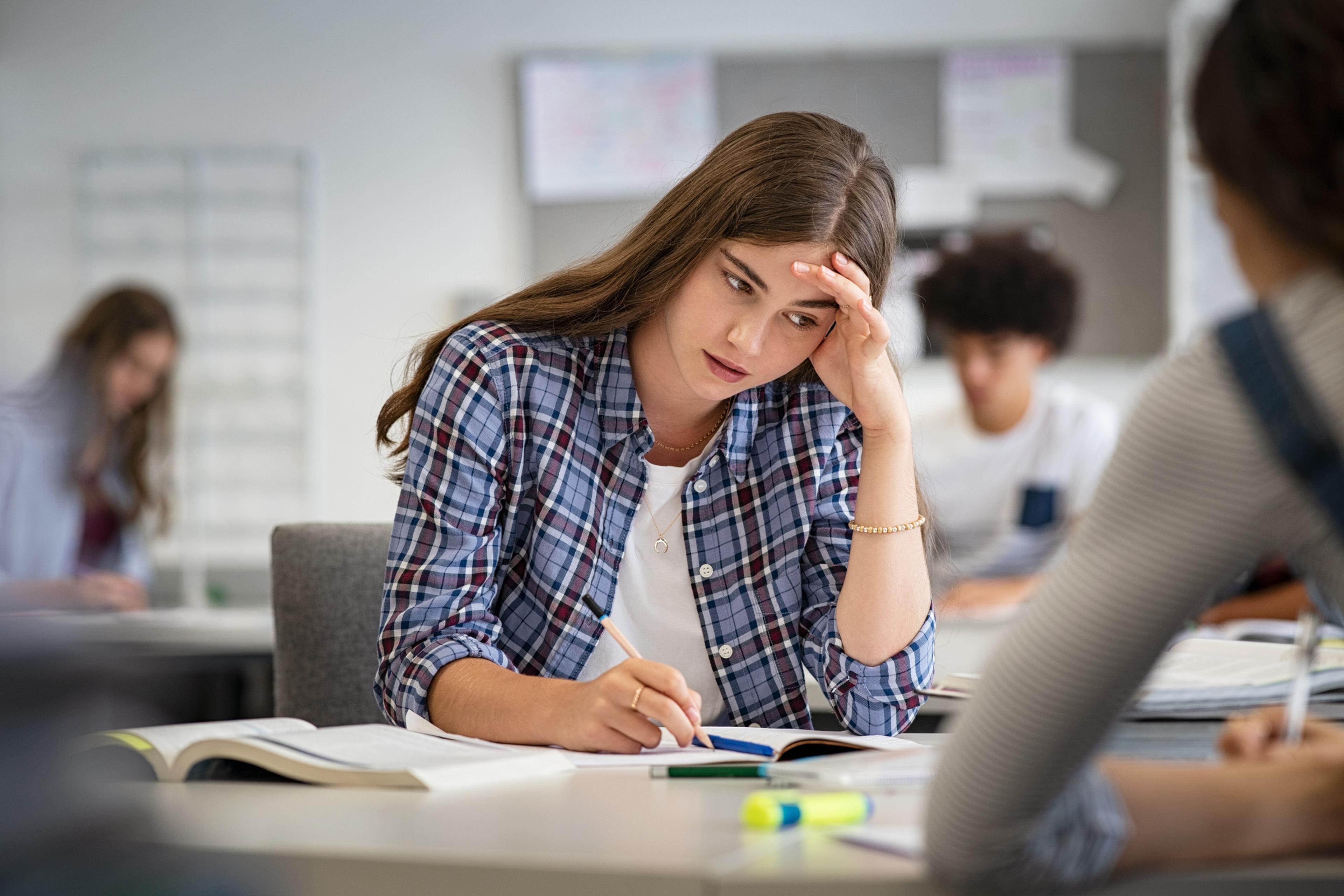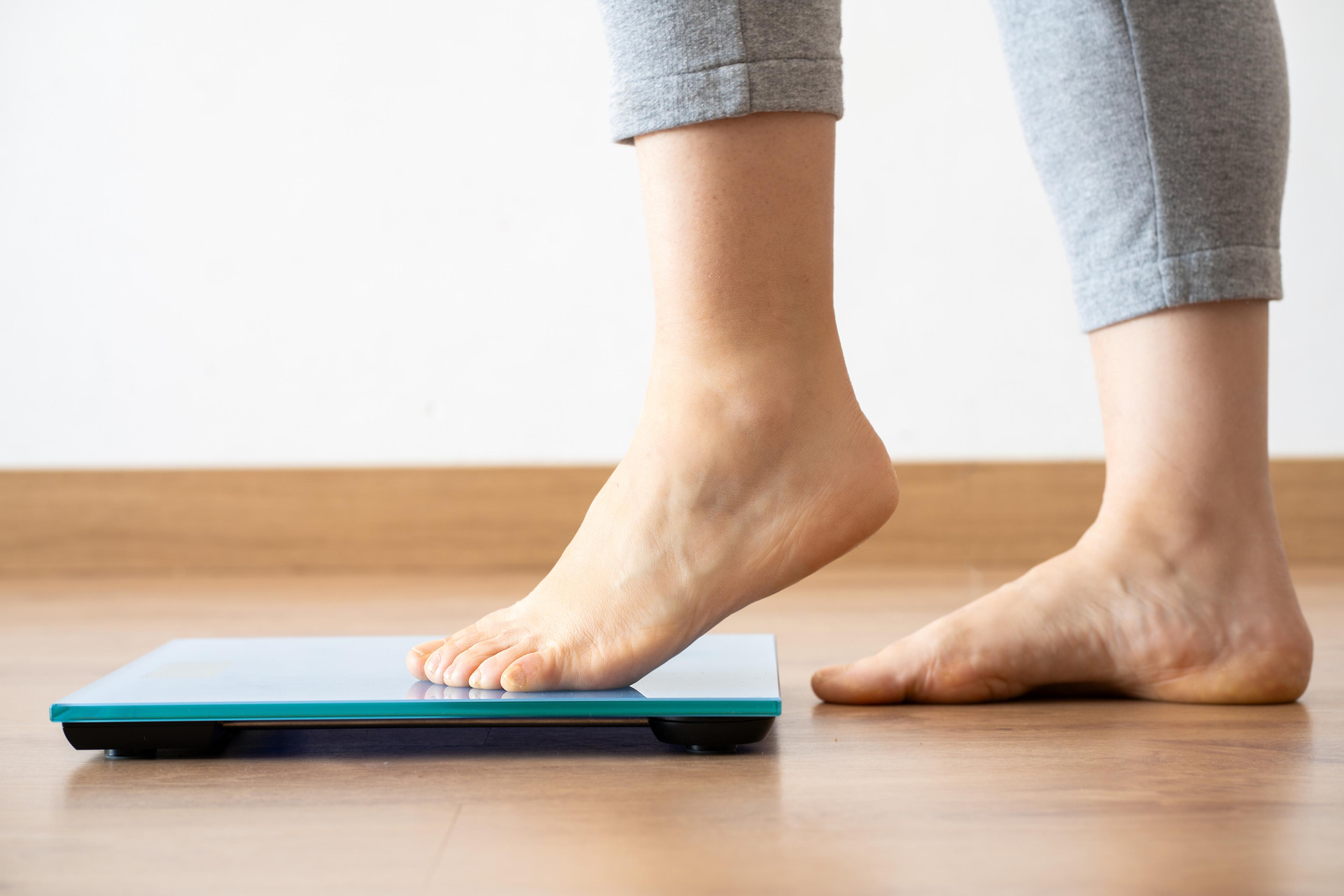How to Safely Clean Out Your Medicine Cabinet
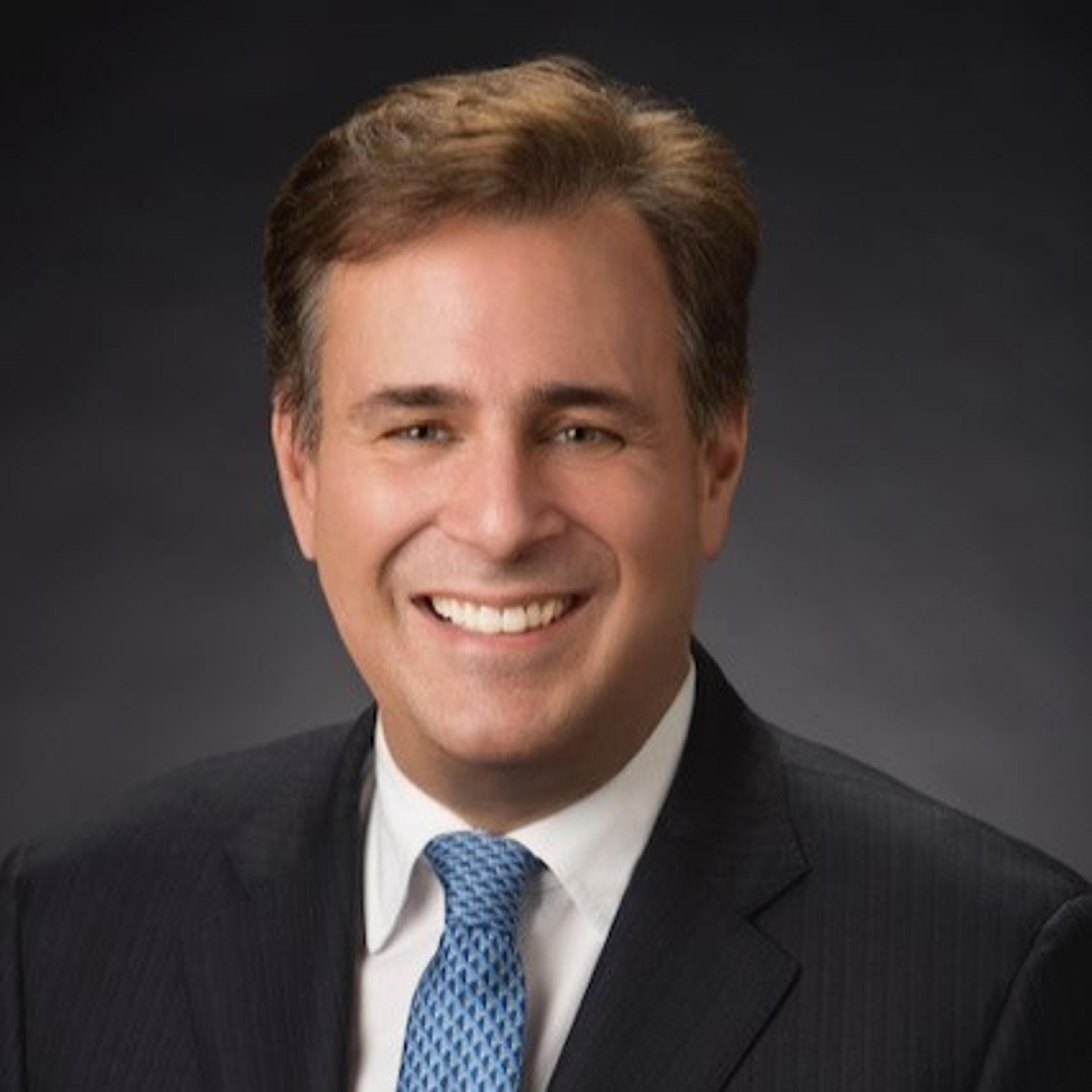
Dr. James Grant
| 3 min read
James D. Grant, M.D. is senior vice president and ch...
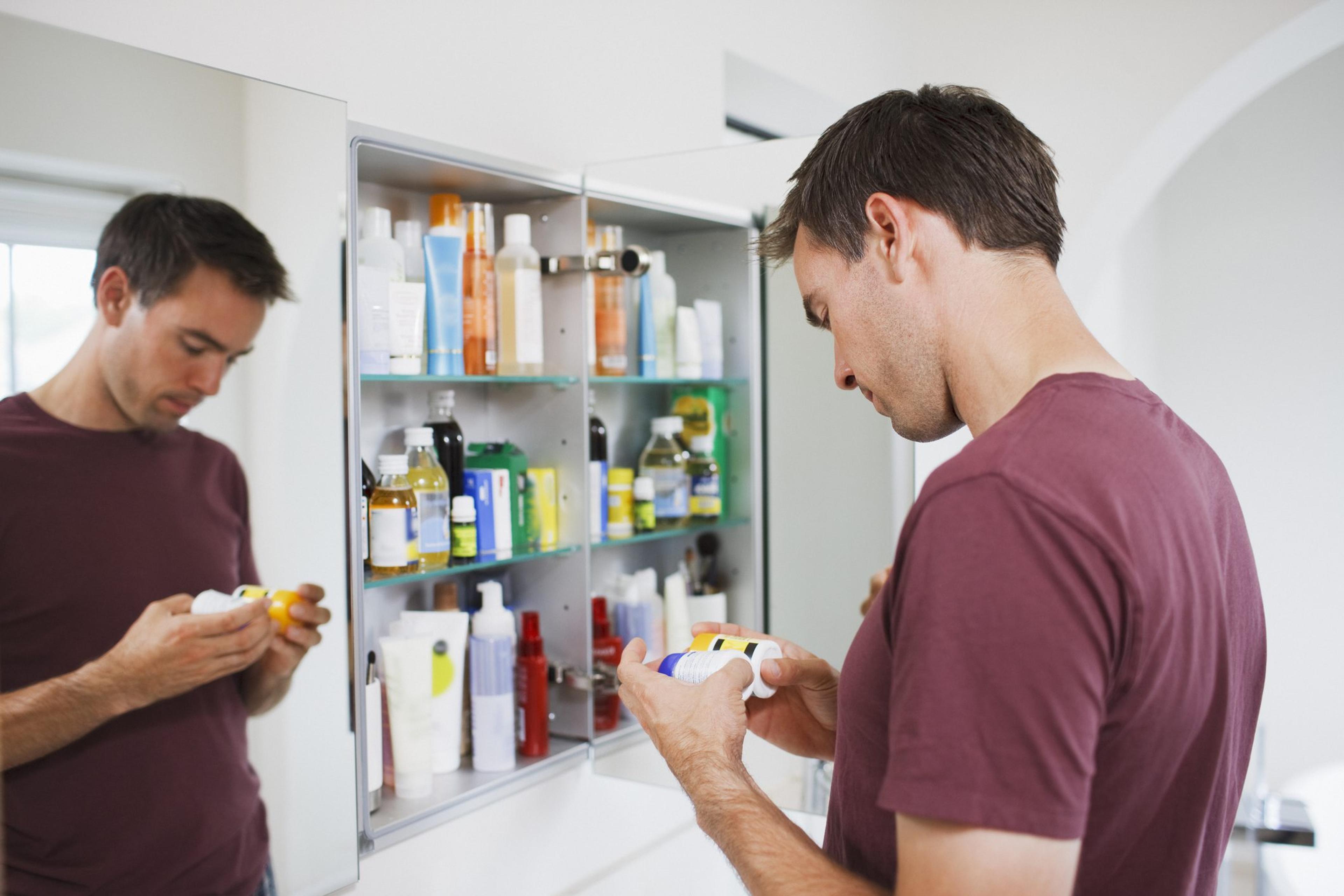
Twice a year, the U.S. Drug Enforcement Administration (DEA) holds a National Prescription Drug Takeback Day, encouraging people to safely rid their households of expired and unneeded medications. Drop-off locations can be found on the DEA website for National Prescription Drug Take Back Day. While these events are important, it is equally important to think about safe disposal of these medications throughout the year. Properly disposing of medications can prevent medication misuse and limits unauthorized access to opioids. According to the Michigan-Opioid Prescribing Engagement Network:
- Every 10 minutes a child visits the emergency room for medication poisoning
- Three in five teens say prescription pain medication is easy to get from their parents’ medicine cabinet
Medications to dispose of
Both over the counter and prescription medications can be dangerous when misused. When deciding which medications to dispose of, look for the following:
- Expired medication
- Unused or leftover prescription medication
- Topical medications, such as prescription creams and patches
Safety tips
Though many people may think simply flushing medications or throwing prescriptions in the trash is an effective method of disposal, they’d be surprised to find this approach can be dangerous for themselves or others. This is why official drug takeback events are helpful. Organizations that host these events are responsible for safe drug disposal, without harm to the environment or community.
- Find a collection site. There are many drop-off events surrounding National Drug Takeback Day. Check local news sources and community organizations to find a close, convenient location. There are also sites that accept medication drop-offs year-round, including pharmacies. Go to dea.gov or fda.gov to find these sites.
- Dispose of medications at home. The U.S. Food and Drug Administration provides a few ways to safely clear out the medicine cabinet:
- Remove prescriptions from their original containers.
- Mix medications with an adverse substance such as kitty litter or coffee grounds. This helps to disguise them from those who may look for drugs in the trash.
- Place them in a container that is impermeable and unidentifiable, such as empty cans or sealable bags.
- For privacy protection, cover or scratch out any personally identifiable information on the original medication containers before disposal.
Some medications can be flushed down the toilet, but only if the label on the medication gives specific instructions to do so. The fda.gov site also maintains a list of medications that can be flushed. Safely disposing of unused or expired medications protects friends and family and the environment. Take advantage of local drug take-back events and collection sites and remember these tips year-round. James D. Grant, M.D., is senior vice president and chief medical officer at Blue Cross Blue Shield of Michigan. Atheer Kaddis, Pharm.D., is vice president of Pharmacy Services at Blue Cross Blue Shield of Michigan. More from MIBluesPerspectives:
- Blue Cross Takes Actions Large and Small to Make a Difference in Opioid Epidemic
- Dispose of Unused Medications on Upcoming Drug Take Back Day
- Beware the Dangers of Keeping Unused Prescriptions
Photo credit: Getty Images

